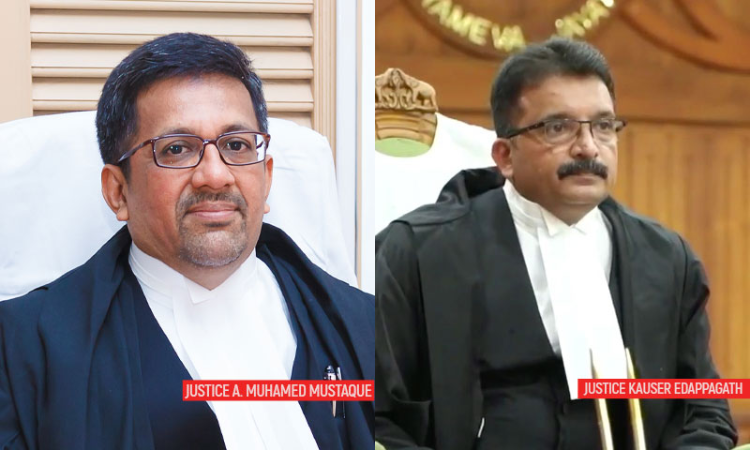Breaking: JJ Act- Child Born In Live-in Relationship To Be Construed As Child Born To Married Couple: Kerala High Court-Read Judgment
Lydia Suzanne Thomas
10 April 2021 10:50 AM IST

Law does not differentiate unwed couple and legally wed couple to recognize biological parents
Next Story


